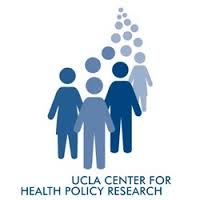To Increase or Not to Increase? That is the Question
To induce more primary care providers to serve Medicaid patients at a time when Medicaid enrollment was about to increase significantly nation-wide, the Affordable Care Act raised Medicaid primary care reimbursement to the same level as Medicare rates for 2013 and 2014, with the federal government to pick up the tab for 100 percent of the increase in state spending for these services.
With that two-year increase coming to an end, states now must decide whether to continue the increase and pay for it themselves or let their Medicaid primary care rates return to their old levels.
 According to a survey taken by the Kaiser Family Foundation, 15 states will continue the increases either in part or in full; 24 do not plan to continue the increases; and 12 still have not decided.
According to a survey taken by the Kaiser Family Foundation, 15 states will continue the increases either in part or in full; 24 do not plan to continue the increases; and 12 still have not decided.
Some states that are continuing the increases in some form also are changing the types of primary care providers that will receive the enhanced Medicaid payments.
Pennsylvania is among the 24 states not planning to continue the rate increase.
For a closer look at the issue, including a map that illustrates each state’s intentions, see the Kaiser Family Foundation report “The ACA Primary Care Increase: State Plans for SFY 2015” here, on the foundation’s web site.






